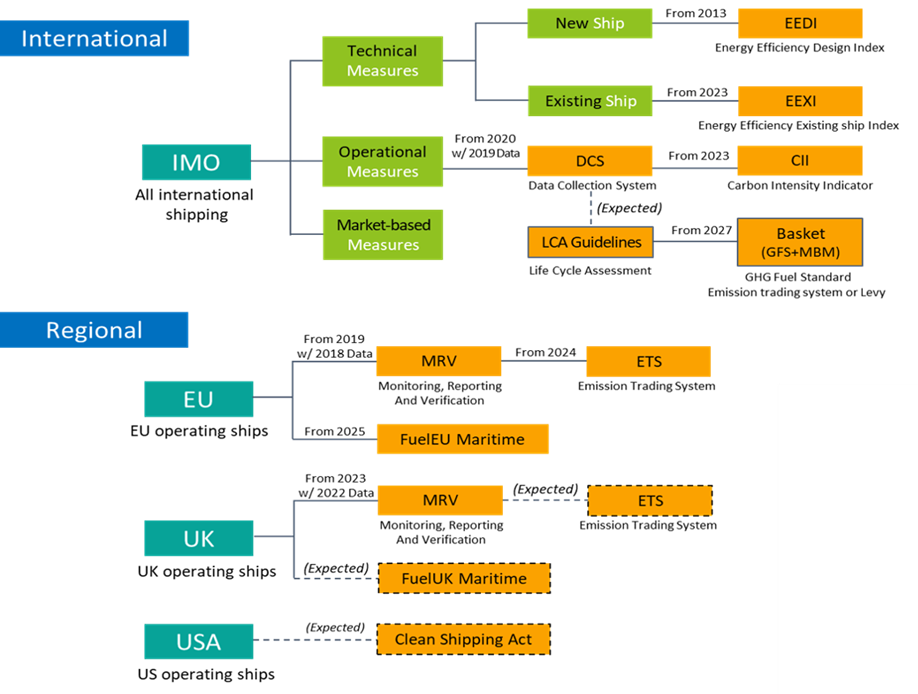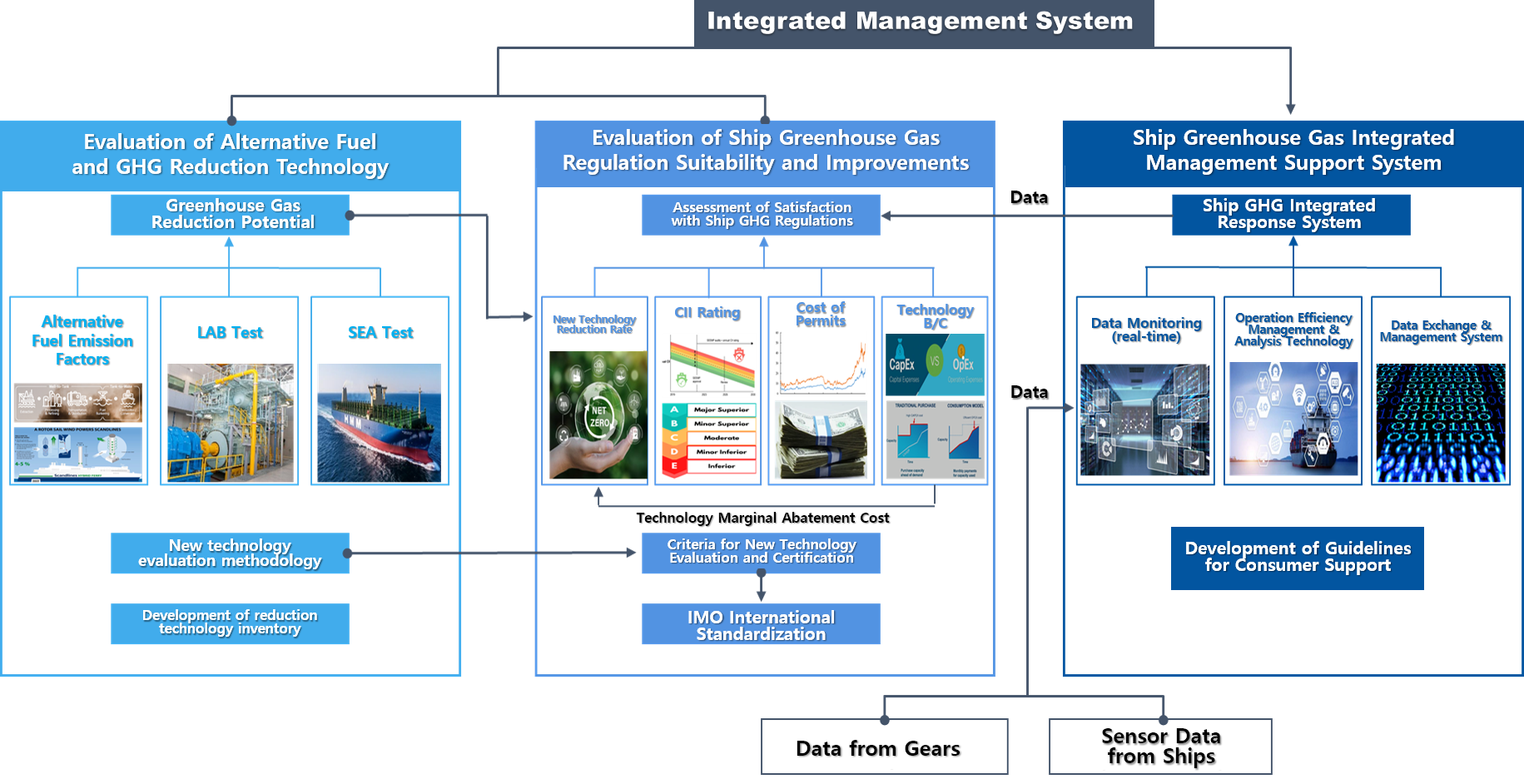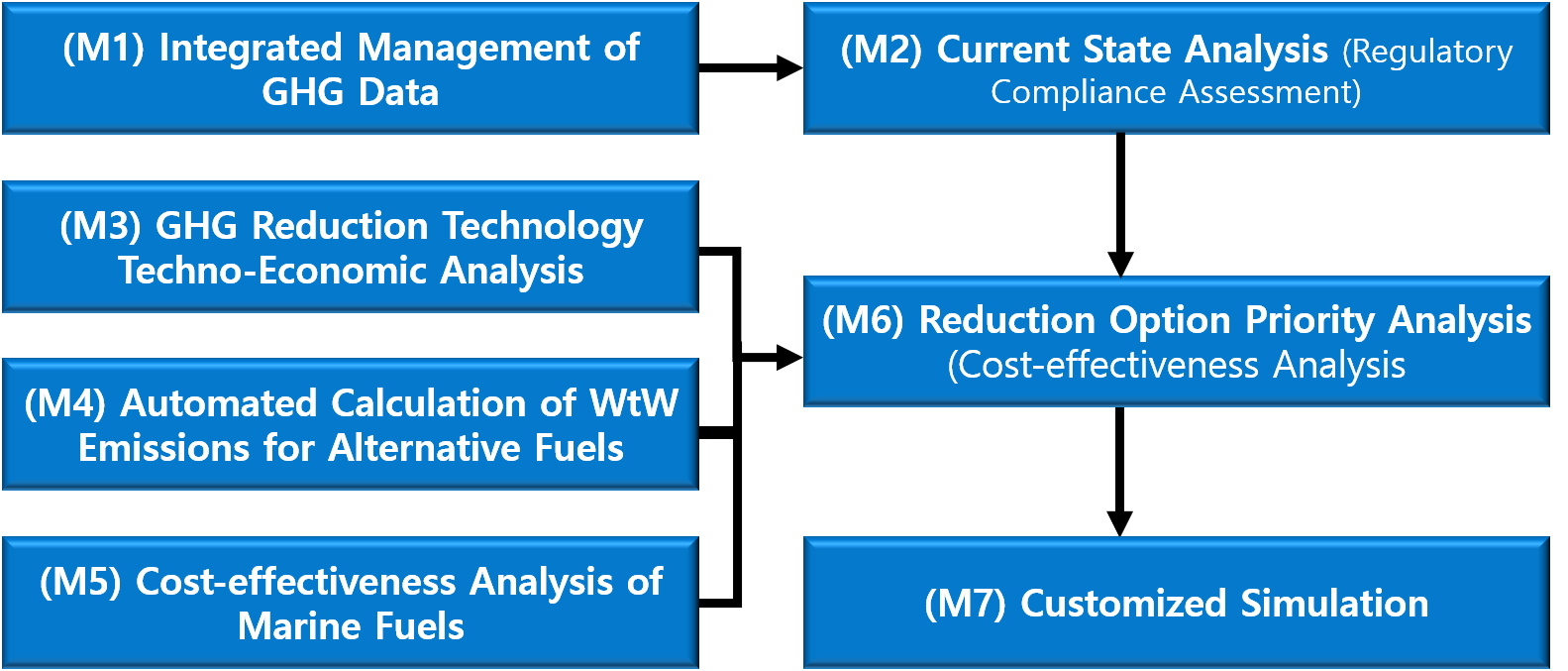-
- KR Develops New Methanol Bunkering Simulation System
- New Technical Publications on Decarbonization Have Been Published
- KR-HD HHI Signs MoU to Ensure Reliability of Rules and Export of Naval Submarines and Operational Safety Based on NATO Code
- KR-UPA-Lotte Fine Chemical MoU to Boost the Ammonia Bunkering Industry
- The 3rd K-LNG OWNERS' Forum
- KR Develops New Methanol Bunkering Simulation System
- New Technical Publications on Decarbonization Have Been Published
- KR-HD HHI Signs MoU to Ensure Reliability of Rules and Export of Naval Submarines and Operational Safety Based on NATO Code
- KR-UPA-Lotte Fine Chemical MoU to Boost the Ammonia Bunkering Industry
- The 3rd K-LNG OWNERS' Forum
-
- KR Develops New Methanol Bunkering Simulation System
- New Technical Publications on Decarbonization Have Been Published
- KR-HD HHI Signs MoU to Ensure Reliability of Rules and Export of Naval Submarines and Operational Safety Based on NATO Code
- KR-UPA-Lotte Fine Chemical MoU to Boost the Ammonia Bunkering Industry
- The 3rd K-LNG OWNERS' Forum
PARK Heebum, KR Green Ship Technology Team
On July 7, 2023, the International Maritime Organization (IMO) adopted a more stringent 2023 IMO GHG strategy to further reduce greenhouse gas emissions from international shipping vessels compared to the initial 2018 strategy. Globally, ships are required to achieve a 30% reduction in greenhouse gas emissions by 2030 compared to the levels in 2008. Furthermore, by 2040, an even more ambitious target of an 80% reduction is set, and ideally, net-zero emissions should be achieved by 2050.
As ship greenhouse gas regulations are increasingly strengthened, a survey targeting domestic shipping companies revealed that approximately two-thirds of the companies have not formulated strategies to cope with existing and upcoming regulations due to issues such as a lack of awareness and concerns about costs. Furthermore, about 26% of domestic vessels (approximately 835 ships) are expected to be at CII risk (with 10% rated D and 16% rated E). It is anticipated that from 2024 until the end of EU ETS Phase 3 in 2030, Korea may experience a significant outflow of national wealth, approximately KRW 360 billion to KRW 730 billion, in accordance with the regulations.

To effectively tackle the escalating environmental regulations regarding ship greenhouse gas emissions, a paradigm shift in technology is needed. This involves moving beyond traditional methods of developing new technology, by utilizing emerging technological trends and analyzing existing technologies. The establishment of an effective support infrastructure for decarbonization regulations of national vessels can be achieved through the development of standardized ship greenhouse gas data management systems and the implementation of technology that provides an analysis of the effectiveness of reduction measures. This approach is considered crucial for adapting to and complying with carbon-neutral regulations for national ships.
In line with this, the Ministry of Oceans and Fisheries has implemented the "Ship Emission Greenhouse Gas (GHG) Integrated Management Technology Development" project. Recognizing the need for domestic shipping companies to appropriately respond to international maritime greenhouse gas regulations in a timely manner, the primary objective is to develop a ship emission greenhouse gas integrated management and regulatory compliance support system. This aims to enhance the capacity of domestic shipping companies to address international maritime greenhouse gas (GHG) regulations effectively.
This project will be conducted over a period of five years from 2023 to 2027. During this time, research and development activities will focus on the evaluation and technological development of ship alternative fuels and greenhouse gas reduction technologies. Additionally, there will be efforts to develop assessment technologies for the regulatory compliance and improvement of greenhouse gas emissions in ships. The project will also involve the research and development of a ship greenhouse gas integrated management and regulatory compliance support system.

Through this project, KR plans to provide an integrated support solution for greenhouse gas regulation compliance targeting domestic shipping companies. The support solution, consisting of a total of 7 modules, will offer tailored technical services based on customer-specific conditions. Additionally, services for reviewing and applying reduction technologies for each ship will be provided. The system is designed to offer the most effective solution for greenhouse gas regulation compliance through customized simulations, considering the characteristics of each ship and shipping company.

Shipping companies can receive support for analyzing the status of their existing vessels and formulating optimal improvement strategies (such as the application of reduction technologies and alternative fuels) through the Greenhouse Gas Integrated Support System. By developing a nationally led digital platform and promoting its adoption among domestic shipping companies, not only can they effectively comply with international regulations, but they can also avoid penalties such as fines and operational suspensions in a cost-effective manner. This contribution to the financial soundness of companies can help prevent decline in the global market and foster sustainability in business operations.
The international movement toward ship decarbonization has now firmly established itself as a new paradigm. To effectively respond to the increasingly stringent greenhouse gas regulations, the need of the hour is not passive regulatory compliance but proactive services that enhance industrial competitiveness. KR aims to support the realization of decarbonization in the maritime industry by providing specialized solutions and offering customized services that align with the needs of our customers.
